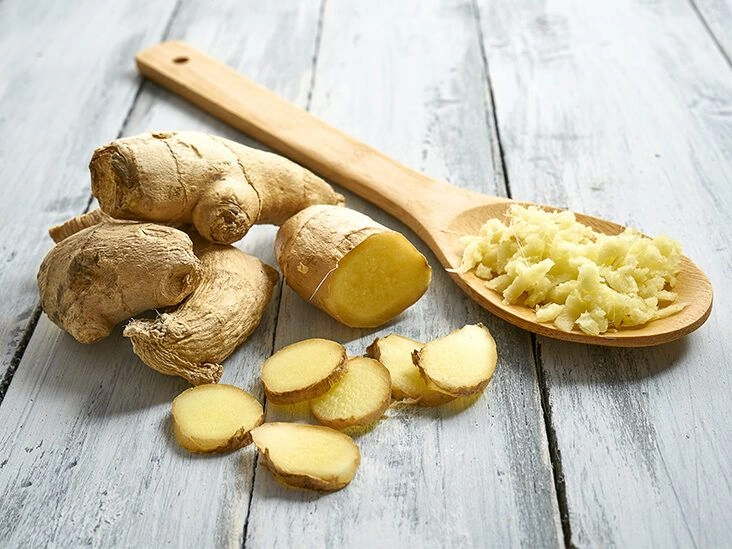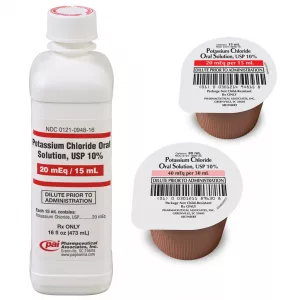Although evidence varies for most supplements aimed at easing joint discomfort and the FDA does not oversee them, options such as fish oil, glucosamine, and chondroitin are among those that might provide relief.
Many products on the market claim to alleviate joint pain in addition to standard analgesics like acetaminophen and ibuprofen, but which actually show benefit? Below, we review nine supplements and summarize what current studies indicate.
Before trying supplementsSupplements are not approved by the Food and Drug Administration (FDA). Consult your physician and a registered dietitian before beginning any, and purchase only from reputable vendors.
Turmeric
Turmeric is one of the more commonly used supplements for pain relief, including joint pain related to osteoarthritis (OA).
Its potential analgesic properties are credited to curcumin, a compound found in turmeric that may exert anti-inflammatory effects.
While studies on turmeric for joint pain are limited, a 2021 review of 10 trials found that turmeric or curcumin extract improved knee OA pain compared with placebo.
»LEARN MORE:Health benefits of turmeric and curcuminFish oil
Fish oil supplies two omega-3 fatty acids known for anti-inflammatory activity:
- docosahexaenoic acid
- eicosapentaenoic acid
A 4-month randomized trial published in 2020 reported that fish oil supplements meaningfully reduced OA-related pain and enhanced well-being. Additional research is still needed.
»LEARN MORE:How much fish oil should I take?Glucosamine
Glucosamine is a natural element of cartilage, the tissue that prevents bones from grinding together and causing pain and inflammation. It may also help slow the cartilage degeneration that can occur with arthritis.
Glucosamine (either glucosamine sulfate or glucosamine hydrochloride) is included in many joint supplements and is among the most researched supplements for osteoarthritis. Still, results have been mixed.
A 2018 review of 29 studies noted that some trials found glucosamine reduced pain, while others observed little to no benefit for joint symptoms.

Chondroitin
Chondroitin, like glucosamine, is a structural component of cartilage. It may also help protect against cartilage loss from OA.
Numerous studies have indicated that chondroitin can reduce joint pain, stiffness, and inflammation in people with OA. Chondroitin sulfate might also slow OA progression by limiting joint space narrowing.
Many joint formulations combine chondroitin with glucosamine. However, it remains uncertain whether the combination is superior to taking either ingredient alone.
A 2018 review found that glucosamine or chondroitin supplementation reduced joint pain when used individually but did not show added benefit when combined.
SAMe
The liver produces S-adenosyl-L-methionine (SAMe) from the amino acid methionine. It performs several roles, including:
- improving mood
- supporting cognitive function
- increasing joint mobility
- assisting liver detoxification
Evidence for SAMe’s effectiveness for joint pain is limited and inconsistent. A 2009 clinical trial in Korean participants reported that SAMe reduced pain more than an alternative treatment after 8 weeks.
Boswellia
Boswellia, also called Indian frankincense, is frequently used for arthritis-related pain. Its extracts contain boswellic acids, which may offer anti-inflammatory and anti-arthritic benefits.
A 2020 animal study showed that boswellic acids could protect cartilage and reduce inflammation. More human trials are needed to confirm its usefulness for joint pain.
Avocado-soybean unsaponifiables
Avocado-soybean unsaponifiables (ASUs) are extracts from avocado and soybean oils that may help prevent cartilage deterioration and support its repair.
A 2018 rat study found that ASU treatment reduced joint pain. These outcomes suggest ASUs could be useful for inflammation and pain in advanced OA, but human research is limited.
Devil’s claw
Devil’s claw (harpagophytum) contains harpagoside, a compound that may exhibit anti-arthritic and anti-osteoporotic properties. A 2022 mouse study found it helped prevent bone erosion in inflammatory arthritis.
An earlier trial from 2000 reported that devil’s claw provided pain relief comparable to an anti-inflammatory medication called diacerein.
However, recent high-quality human studies on devil’s claw for osteoarthritis are sparse, so further research is required.
Methylsulfonylmethane
Methylsulfonylmethane (MSM) may possess anti-inflammatory effects. In a 2023 Japanese study including 88 participants with mild knee discomfort, 12 weeks of MSM supplementation produced significant improvements.
The trial showed that taking five 200 mg MSM tablets with breakfast and dinner improved knee symptoms and overall well-being compared with placebo.
»LEARN MORE:Science-backed benefits of MSM supplementsTips for choosing a supplement
Many joint supplements include multiple ingredients. A long list of components does not necessarily indicate a superior product, and because the FDA doesn’t regulate supplements, read labels carefully.
Added ingredients are not always clinically proven to support joint health. Some formulations do combine beneficial compounds, such as glucosamine and chondroitin.
Yet little evidence shows products with multiple ingredients are more effective than single-ingredient supplements. Some products may contain subtherapeutic amounts of one or more ingredients.
Before selecting a supplement, consult your physician or pharmacist about other medications you take so they can review potential interactions. Certain joint supplements can interact with medications like blood thinners.
Takeaway
Supplements may ease joint pain related to arthritis; options include turmeric, glucosamine, and fish oil. Because the FDA does not regulate supplements, it’s crucial to inspect labels carefully and purchase from trusted sources.
Discuss supplement use with your physician, a registered dietitian, or a pharmacist before starting them. Some drugs, such as anticoagulants, may interact with certain supplements.























Leave a Reply
You must be logged in to post a comment.